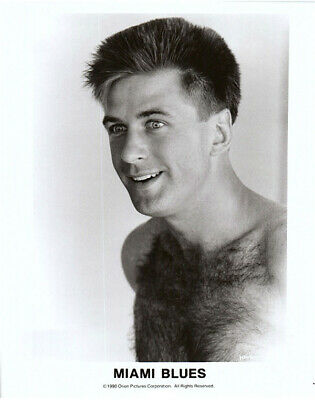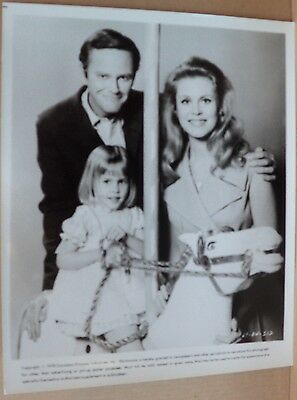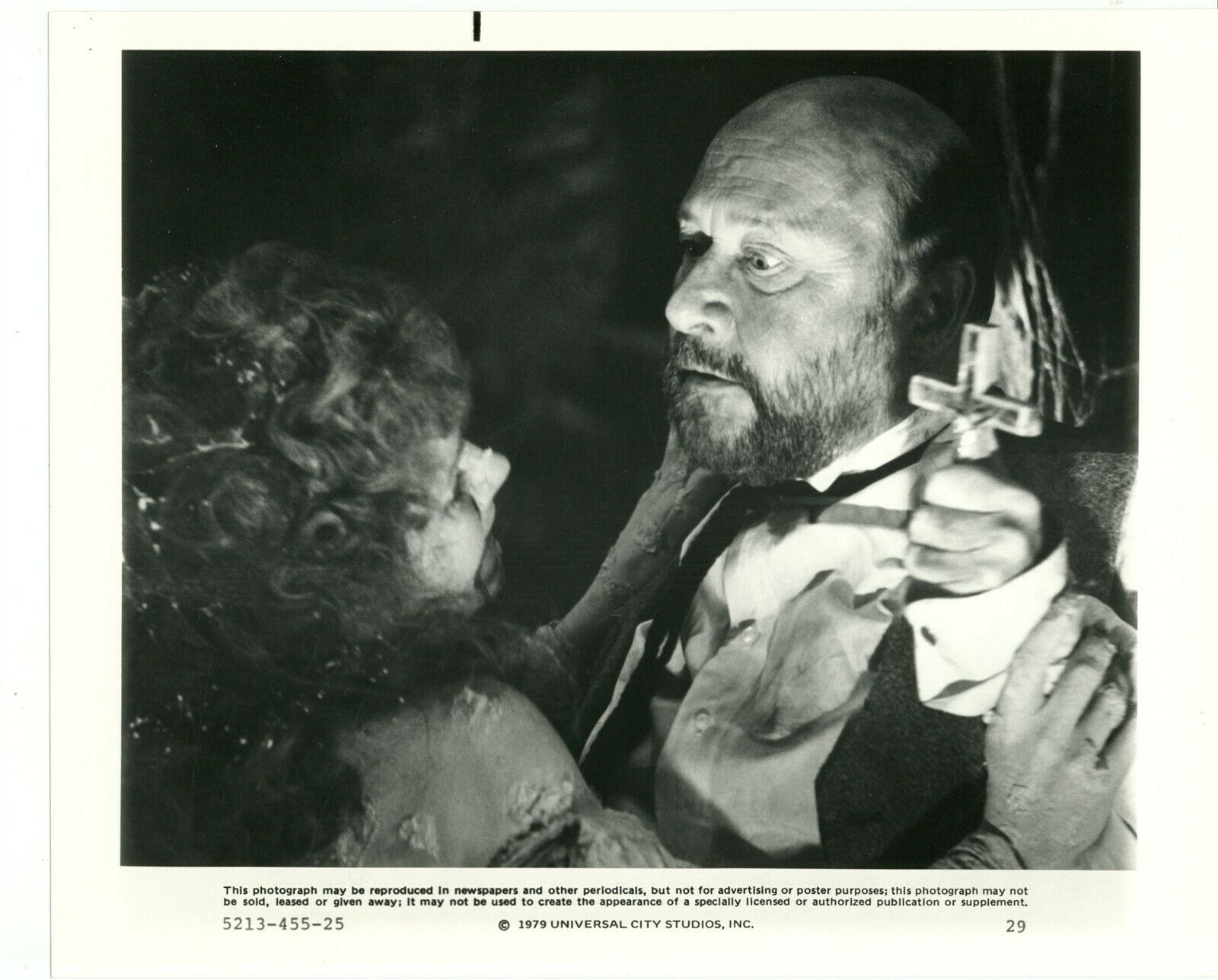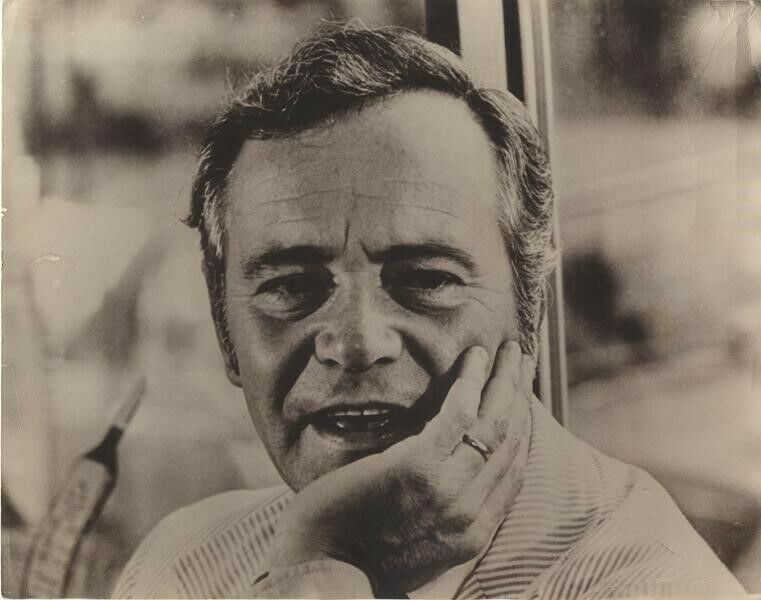-40%
Vintage Lovely Cybill Shepherd in Special Delivery 1976 Original Photograph
$ 2.61
- Description
- Size Guide
Description
ITEM: This is a vintage and original production still photograph of actress Cybill Shepherd drinking a margarita during a scene from the 1976 neo-noir comedy crime film "Special Delivery." The film was directed by Paul Wendkos and starred Shepherd and Bo Svenson. The press snipe reads:Provocative CYBILL SHEPHERD stars as Mary Jane in BCP's "SPECIAL DELIVERY," an action-packed suspense story with comedic and romantic overtones. BO SVENSON also stars in the film produced by Dick Berg and directed by Paul Wendkos. Original story was written by Don Gazzaniga with Charles A. Pratt as executive producer.
Photograph measures 8" x 10" on a glossy single weight paper stock.
Guaranteed to be 100% vintage and original from Grapefruit Moon Gallery.
More about Cybill Shepherd:
Cybill Shepherd was a former beauty queen-model whose sudden rise to stardom, high-profile romances, precipitous drop in popularity and spectacular television comeback and respect earned her a reputation as one of Hollywood's most mercurial yet determined actresses. The 21-year-old blonde beauty made an immediate splash in her feature debut "The Last Picture Show" (1971), directed by auteur filmmaker Peter Bogdanovich, with whom she began an intense affair during filming. With the success of her follow-up, the romantic-comedy "The Heartbreak Kid" (1972), Shepherd's future in film seemed bright indeed. That was, until the critical and commercial disasters of Bogdanovich's "Daisy Miller" (1974) and "At Long Last, Love" (1976) nearly destroyed her nascent career. She earned a brief reprieve with a pivotal role in director Martin Scorsese's intense masterpiece "Taxi Driver" (1976), although, in the wake of the string of flops that followed, a distraught Shepherd temporarily retired from the business in 1978. After some time away from the spotlight, she returned opposite future star Bruce Willis on the hit romantic-comedy, "Moonlighting" (ABC, 1985-89) then as campier TV version of herself for the sitcom, "Cybill" (CBS, 1995-98). Later, her portrayals in the docudramas "Martha, Inc: The Story of Martha Stuart" (NBC, 2003) and "Martha Behind Bars" (CBS, 2005) proved an excellent vehicle for the more seasoned actress. Having been both the ingénue and the has-been, Shepherd eventually grew into the professional persona she would most likely be remembered as - a true survivor in the unforgiving environs of Hollywood.
Born Cybill Lynn Shepherd - her unique first name inspired by her grandfather, Cy, and her father, Bill - in Memphis, TN on Feb. 18, 1950, she began competing in beauty pageants while a teenager, eventually working her way up to Miss Teenage Memphis in 1966. Her fresh-scrubbed looks and natural figure offered a realistic alternative to the ultra-thin European models of the 1960s, making her a popular cover model for girls' and women's magazines. During this period, Shepherd also landed the first of her many celebrity lovers in Elvis Presley, whom she dated at the tender age of 19; a brief flirtation Shepherd would often remember fondly. Her blonde beauty soon caught the eye of another Hollywood name, up-and-coming director Peter Bogdanovich, who first saw her face on the cover of Glamour magazine and sought her out soon after to play a small-town temptress in his new film, "The Last Picture Show" (1973). A huge hit with audiences and critics alike and the winner of several Academy Awards, "Picture Show" offered a remarkable showcase for Shepherd's allure, most notably in a pair of highly erotic nude scenes. Said footage was snuck to Playboy magazine without Shepherd's consent, and an ensuing suit resulted in a top-dollar settlement. The picture leak was just one of several scandals revolving around Shepherd on that picture. In her autobiography, Cybill Disobedience, she stated that she had affairs with co-star Jeff Bridges, screenwriter Larry McMurtry, and producer Frank Marshall, as well as director Bogdanovich, who was married at the time. The latter tryst blossomed into an extremely close, eight-year relationship, which was referred to in the press and by both parties themselves as a Svengali-style mentorship.
Though critics were split on Shepherd's talents, she went ahead with her acting career, landing another terrific film for her sophomore effort: comedienne Elaine May's "The Heartbreak Kid" (1972). In the comedy, she played the object of married man Charles Grodin's affections. Again, she attracted as much negative press as positive, but she had a knack for good projects and for working for the right people who knew best how to present her. That is, until she reunited with Bogdanovich for a 1974 film adaptation of Henry James' novel, "Daisy Miller." Bogdanovich's mentor Orson Welles had at one time declared that Shepherd was born to play the role of free-spirited 19th century heroine Daisy Miller, but critics disagreed with a vengeance. Shepherd herself later admitted that the role was out of her range at that point in her life and career. With the film's failure front page trade news, the first step in a long and painful fall from grace began for former wunderkind Bogdanovich - a fall that many in the business watched with unmitigated glee. Perceived as egotistical and pretentious, the director had not always made friends along the way, and consequently, Shepherd suffered by proxy. Unfortunately, Bogdanovich delivered his own coup de grace with his next collaboration with Shepherd - a musical based on the songs of Cole Porter titled "At Long Last Love" (1976). Though Shepherd was a trained singer, the director decided to record the vocals live on set, rather than using prerecorded tracks, which yielded less than stellar results. Critics and audiences had an almost physically negative reaction to the film, and excoriated both star and director. Bogdanovich would spend the next 30 years trying to revive his career as a result of the film's failure.
However, Shepherd got another chance to rebuild her career when director Martin Scorsese cast her in "Taxi Driver" (1976), playing a savvy political campaign worker who goes on a disastrous date with Robert De Niro's murderous Travis Bickle. The positive reaction did not last long; according to many in Hollywood, Shepherd's celebrity status was due to her relationship with Bogdanovich, and top directors were reluctant to cast her in quality projects. A string of flops soon followed, including "Silver Bears" (1978), "Americathon" (1979), and an ill-advised remake of "The Lady Vanishes" (1979). By 1980, Shepherd was reduced to starring in a low-budget science fiction film called "The Return" with Jan-Michael Vincent. Her romance with Bogdanovich had also come to an end, due in no small part to a rekindled fling with Elvis Presley. But that too came to a halt, and Shepherd returned to Memphis, where she married a local car dealer, David Ford, and gave birth to a daughter, Clementine, in 1980, all but washed up at the age of 30. The mismatched union, however, was short-lived, and the couple divorced just two years after the birth of their child. Inevitably, Shepherd returned to acting, with her sights set this time on more modest vistas - namely, television. Her first comeback project, a Southwest-set soap-drama called "The Yellow Rose" (NBC, 1983-84), lasted only a season, but she persevered, starring in TV movies of varying quality - from "Secrets of a Married Man" (1984), with William Shatner as an obsessed john in love with Shepherd's high-class escort; to a remake of "The Long Hot Summer" (1985), opposite Don Johnson and Ava Gardner - until "Moonlighting" thankfully came her way.
A light-hearted, fast-paced throwback to screwball comedies of the 1930s, the series cast her as a former model-turned-detective who solves crimes with the aid of a loose-cannon partner, played by newcomer Bruce Willis. The show was a ratings hit, fueled mainly by the intense sexual chemistry between its leads, and earned her two Golden Globes, as well as an Emmy nomination for her work. The show itself was so unique, it took chances creatively, including breaking the fourth wall by allowing the actors to speak to the camera; filming a noir episode in moody black & white; and doing a campy musical take on Shakespeare's The Taming of the Shrew. Backstage, however, as Willis' star ascended, there grew tension between the leads over star billing, with their squabbles leading to production delays, which ultimately spelled the demise for the series in 1989. By that time, Maddie and David had already consummated their love to great ratings, but without that sexual chemistry, the last few seasons had suffered under the bloated weight of a bickering couple sans sparks.
In 1990, Shepherd made a brief return to theatrical films with "Texasville," the long-overdue sequel to "The Last Picture Show." Despite the hype of reuniting with Bogdanovich and stars Jeff Bridges, Randy Quaid, and Cloris Leachman, the film, not surprisingly, fared poorly at the box office. A small turn in Woody Allen's "Alice" (1990) did not do much better, so Shepherd returned to television, where she partnered again with Larry McMurtry, this time as co-producer, for the TV movie "Memphis" (1992). She oversaw several more made-for-TV efforts, including the detective drama "Stormy Weathers" (1992), before returning to episodic television with "Cybill" (ABC, 1995-98). A sharp comedy about a middle-aged actress struggling to stay relevant in Hollywood, "Cybill" benefited from terrific casting and sharp writing, but as with "Moonlighting," there was trouble on the set due to Shepherd's rumored temperament and conflicts over the attention a co-star - in this case, Christine Baranski as Cybill's highball-toting best friend - received. Speculation ran so rampant, that screenwriter Alan Ball, a former writer on the series, reportedly based Annette Bening's high-strung character in his film "American Beauty" (1999) on Shepherd. Despite the backstage rancor, the show fared well with viewers, earning Shepherd another Golden Globe.
After the inevitable cancellation of the tumultuous "Cybill," Shepherd penned her best-selling, tell-all autobiography, Cybill Disobedience in 2000, a tome which recounted in her typical no-holds-barred style, all of her professional and personal relationships. She continued to appear in television productions, landing the plum role of a venomous Martha Stewart in two juicy TV movies: "Martha Inc: The Story of Martha Stewart" (2003) and "Martha Behind Bars" (2005). In 2007, Shepherd joined the cast of Showtime's lesbian drama series "The L Word" (2004-09) as the married boss of Jennifer Beals' character, who has a brief affair with the character of Leonore (Leisha Hailey). In typical Shepherd fashion, while doing publicity for the show, she mentioned her own curiosity over lesbian relationships, even admitting to a crush on actress Salma Hayek during press interviews for the series.
Despite the drubbing she took over "At Long Last Love," Shepherd maintained a singing career alongside her acting pursuits, releasing some 10 albums of jazz and pop standards since the mid-1970s. A passionate political activist, she also campaigned for gay and civil rights issues on numerous occasions, including providing financial support for the National Civil Rights Museum in Memphis and marching for Pro-Choice N.O.W. rallies in Washington, D.C. Although "The L Word" had come to the end of its five-year run, Shepherd continued to work in television with such projects as the comedy-drama "Mrs. Washington Goes to Smith" (Hallmark Channel, 2009), playing a newly-divorced mother who returns to the titular college to earn the degree she had abandoned years earlier. Occasional returns to film included a supporting role in the quirky romantic-comedy "Barry Munday" (2009), starring Patrick Wilson as a castrated man sued by a woman (Judy Greer) claiming him to be the father of her unborn child. The following year, Shepherd appeared as the controlling mother of an inspirational deaf girl (Alexia Rasmussen) in the indie-romance "Listen to Your Heart" (2010). Worked in amongst these efforts was a recurring role as Madeleine Spencer, mother of pseudo-psychic private detective Shawn Spencer (James Roday) on the mystery-comedy series "Psych" (USA, 2006-14).
Biography From TCM | Turner Classic Movies












